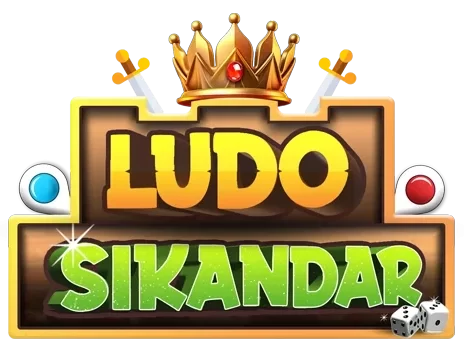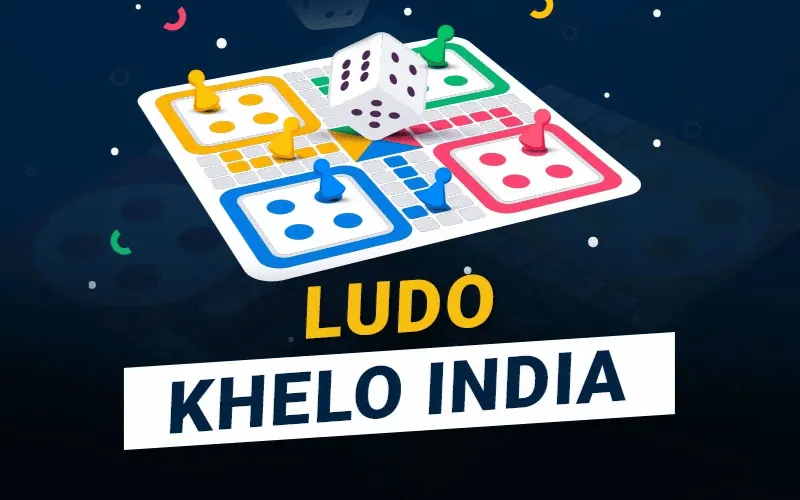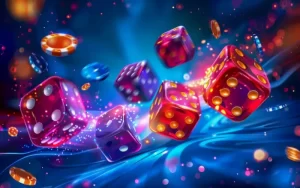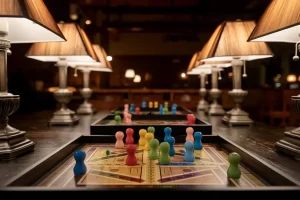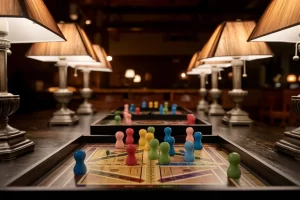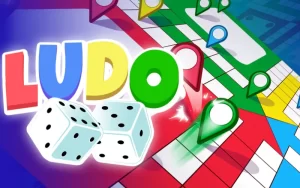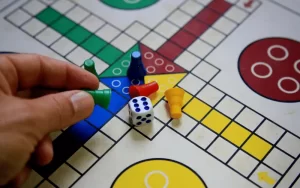Ludo Khela, commonly known as Ludo, is a game that transcends generations, cultures, and borders. Rooted in ancient Indian tradition, Ludo is not just a board game—it is an experience filled with excitement, suspense, and friendly competition. It is played by people of all ages, making it a staple in every household, especially in South Asia.
In this article, we will explore the history of Ludo, the rules of the game, its modern online versions, and why Ludo Khela continues to capture hearts in the digital age.
History and Origin of Ludo Khela
Ludo traces its roots back to Pachisi, a royal game played in India during the 6th century. Carvings of a Pachisi board have even been found in the ancient caves of Ellora. It was played on a cross-shaped board with cowrie shells and was favored by kings and emperors, including Akbar the Great.
The modern version of Pachisi was adapted by the British in 1896 and renamed Ludo. Since then, it has evolved into a family-friendly board game enjoyed globally. Today, Ludo Khela stands as a symbol of unity, fun, and nostalgia.
Objective and Rules of Ludo Khela
Ludo is played on a square board with a cross-shaped pattern, divided into four colored areas—red, blue, green, and yellow. Each player picks a color and gets four tokens to play with.
Basic Rules:
- Starting the Game:
- Each player rolls a die.
- To move a token out of the base, a player must roll a 6.
- Rolling a 6 also gives an extra turn.
- Moving the Tokens:
- Tokens move clockwise around the board according to the number rolled on the die.
- A player can move one token or split the number among multiple tokens (in some versions).
- Capturing Opponent Tokens:
- If your token lands on a square occupied by an opponent, the opponent’s token is sent back to the base.
- Safe squares, usually marked, protect tokens from being captured.
- Winning the Game:
- A token must complete a full round and enter the home column.
- The first player to move all four tokens into their home area wins the game.
Ludo is a mix of strategy and chance. While the dice roll adds randomness, smart positioning and timing play a huge role in winning.
Why People Love Playing Ludo Khela
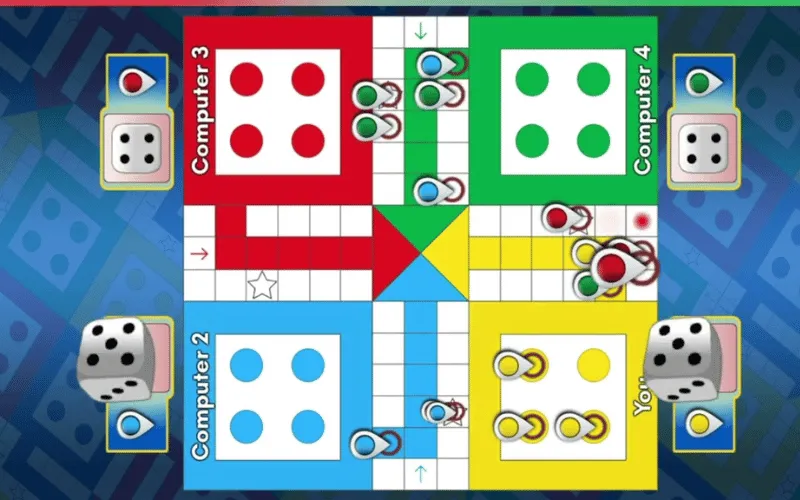
1. Simple Yet Strategic:
The rules of Ludo are easy to learn, making it accessible to children and adults alike. However, the game also demands planning and foresight to block opponents and secure a win.
2. Social Entertainment:
Ludo is more than a game—it’s a social activity. Whether played during family gatherings or with friends, Ludo Khela builds bonding and laughter.
3. Nostalgia and Tradition:
In many households, Ludo is associated with childhood memories, festivals, and family time. The game holds a sentimental value across generations.
Ludo in the Digital Age
With the rise of smartphones and internet access, online Ludo games have surged in popularity. Apps like Ludo King, Ludo Star, and Ludo Club have brought the game into the digital realm, allowing people to play anytime, anywhere.
Features of Online Ludo:
- Multiplayer Mode: Play with friends or strangers globally
- Chat and Emojis: Interact during gameplay
- Tournaments: Compete in live matches for rewards
- Private Rooms: Invite-only games for family and friends
Online Ludo retains the charm of the classic game while adding modern convenience and connectivity. It has become one of the most downloaded games in app stores, especially during lockdowns when physical socializing was limited.
Ludo Khela for Kids and Adults
The game of Ludo Earn offers educational value for kids. It helps them learn counting, taking turns, following rules, and improving decision-making skills. For adults, it serves as a stress-reliever and a way to stay connected with others.
In fact, psychologists often recommend board games like Ludo for their cognitive and emotional benefits.
Cultural Significance of Ludo Khela
In South Asian countries like India, Bangladesh, Nepal, and Pakistan, Ludo is not just a pastime—it’s part of festive traditions and community bonding. It is commonly played during:
- Eid and Diwali gatherings
- Family picnics
- Sleepovers and school vacations
Ludo has also made its way into pop culture, appearing in movies, TV shows, and memes, reflecting its deep cultural resonance.
Conclusion
Ludo Khela remains a timeless game that blends tradition with modern technology. From its ancient royal roots to its current digital avatars, Ludo has proven to be a game for all ages. Its simplicity, combined with tactical gameplay and social engagement, ensures that it continues to thrive in homes and on screens around the world.
Whether you’re rolling the dice on a physical board or tapping your screen on an app, Ludo Khela will always bring people together, one move at a time.

